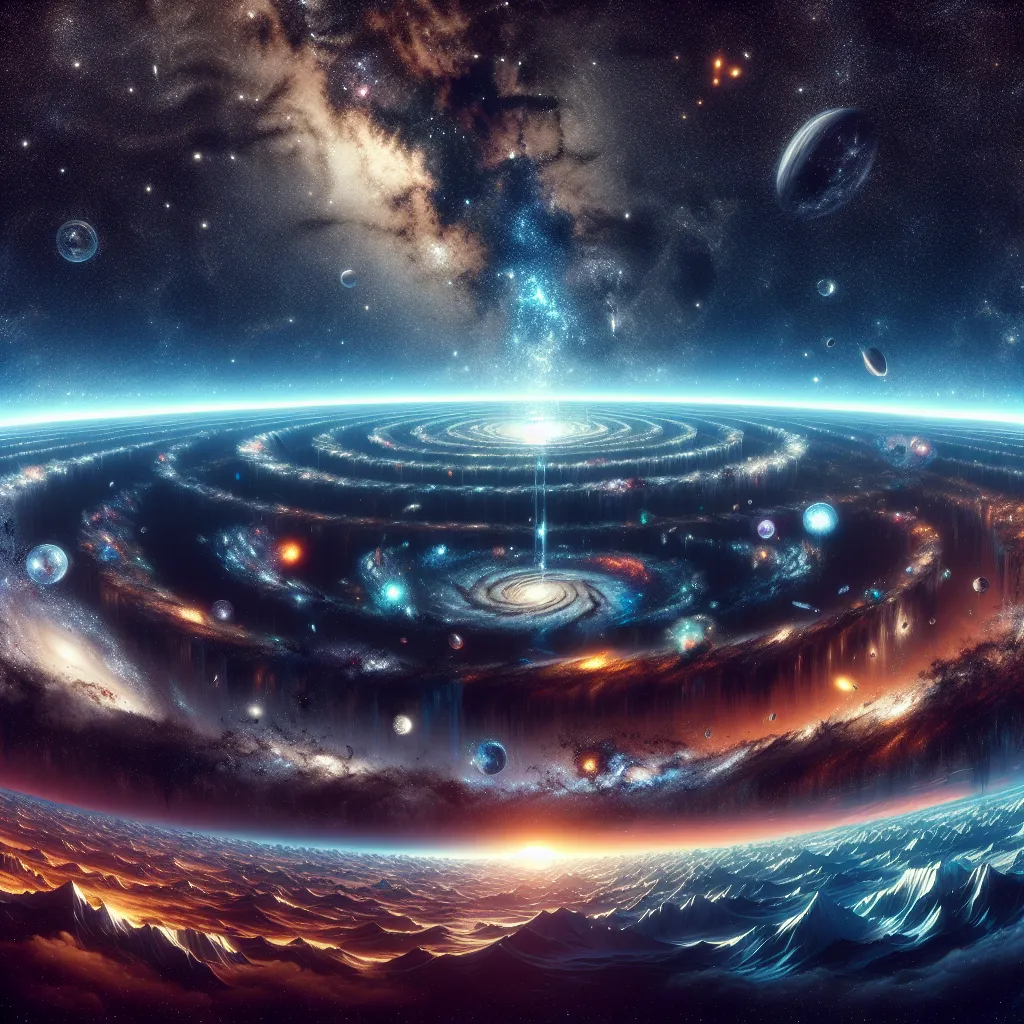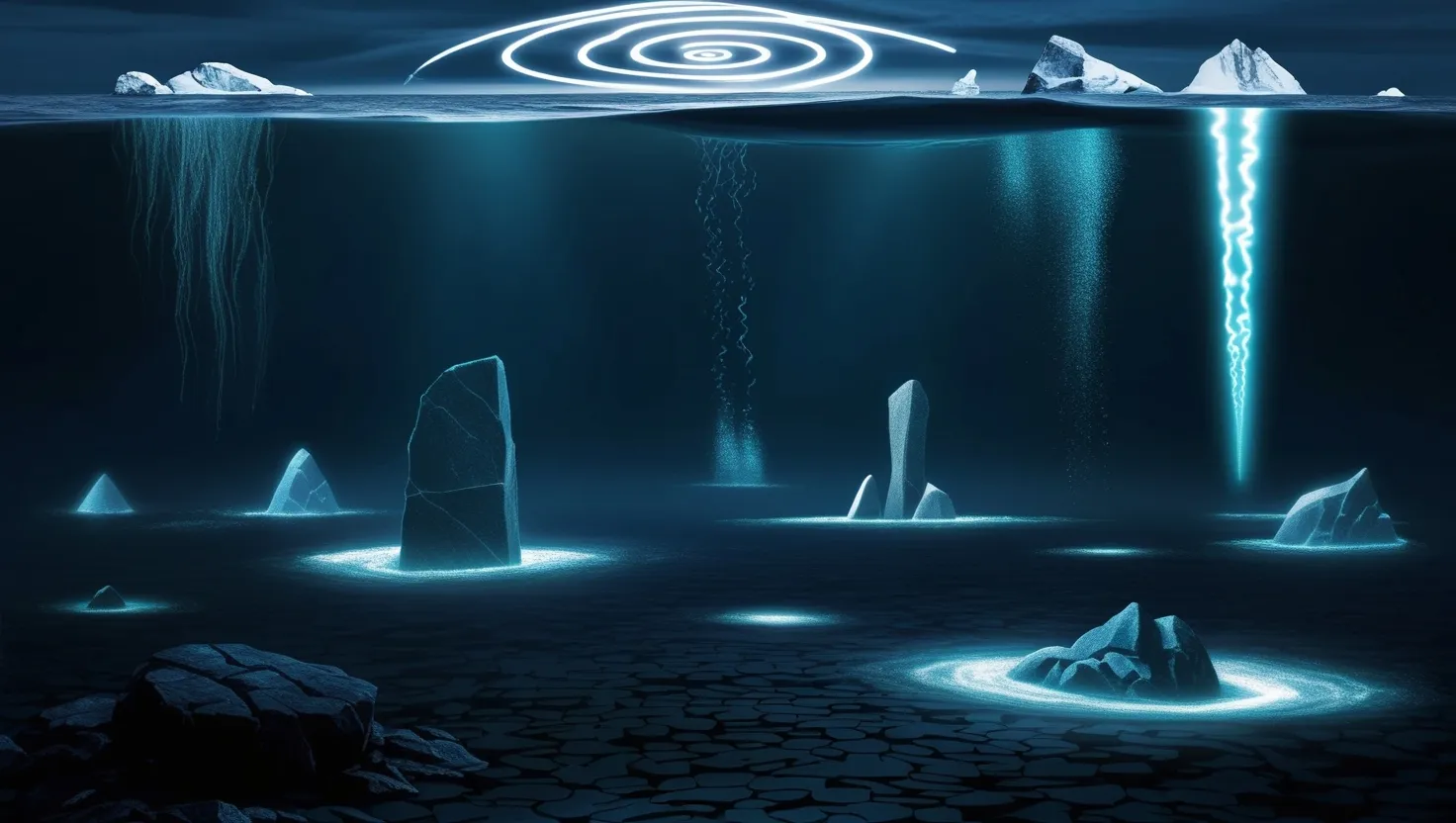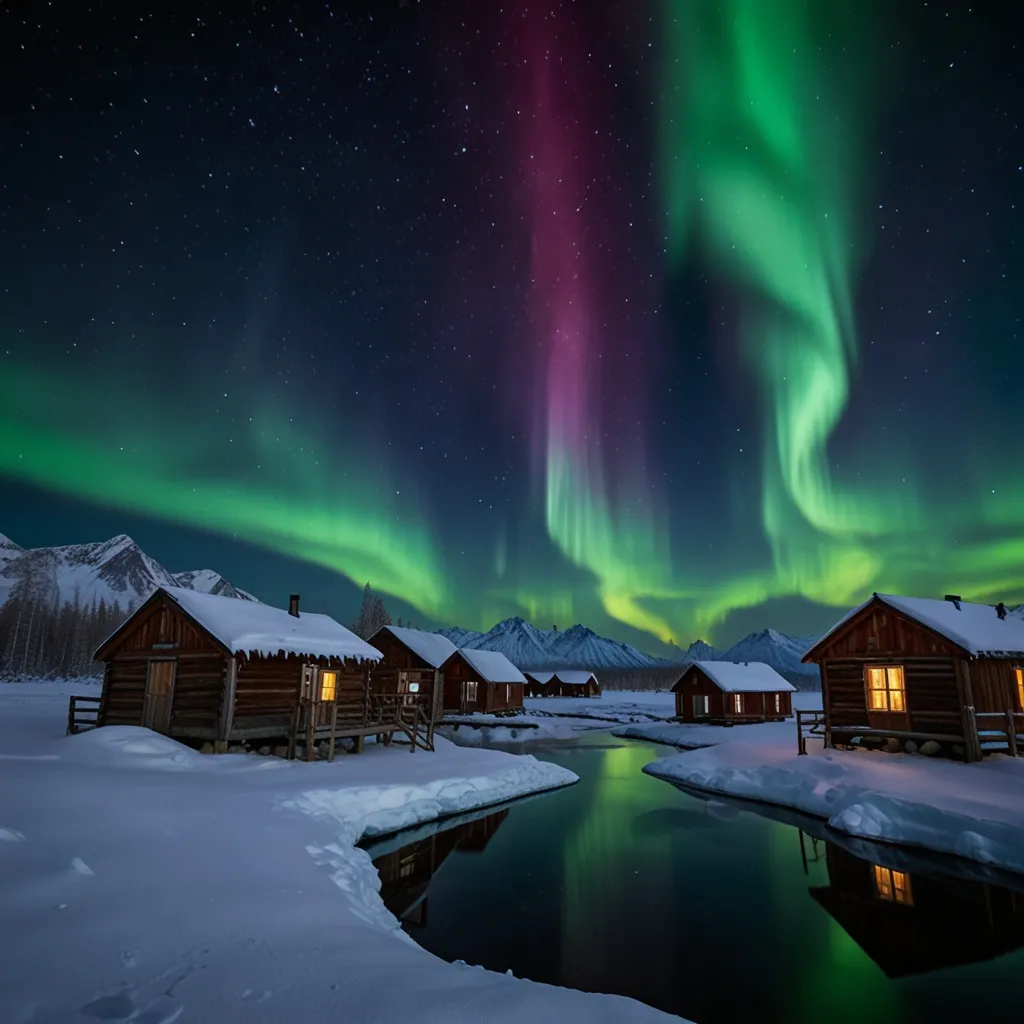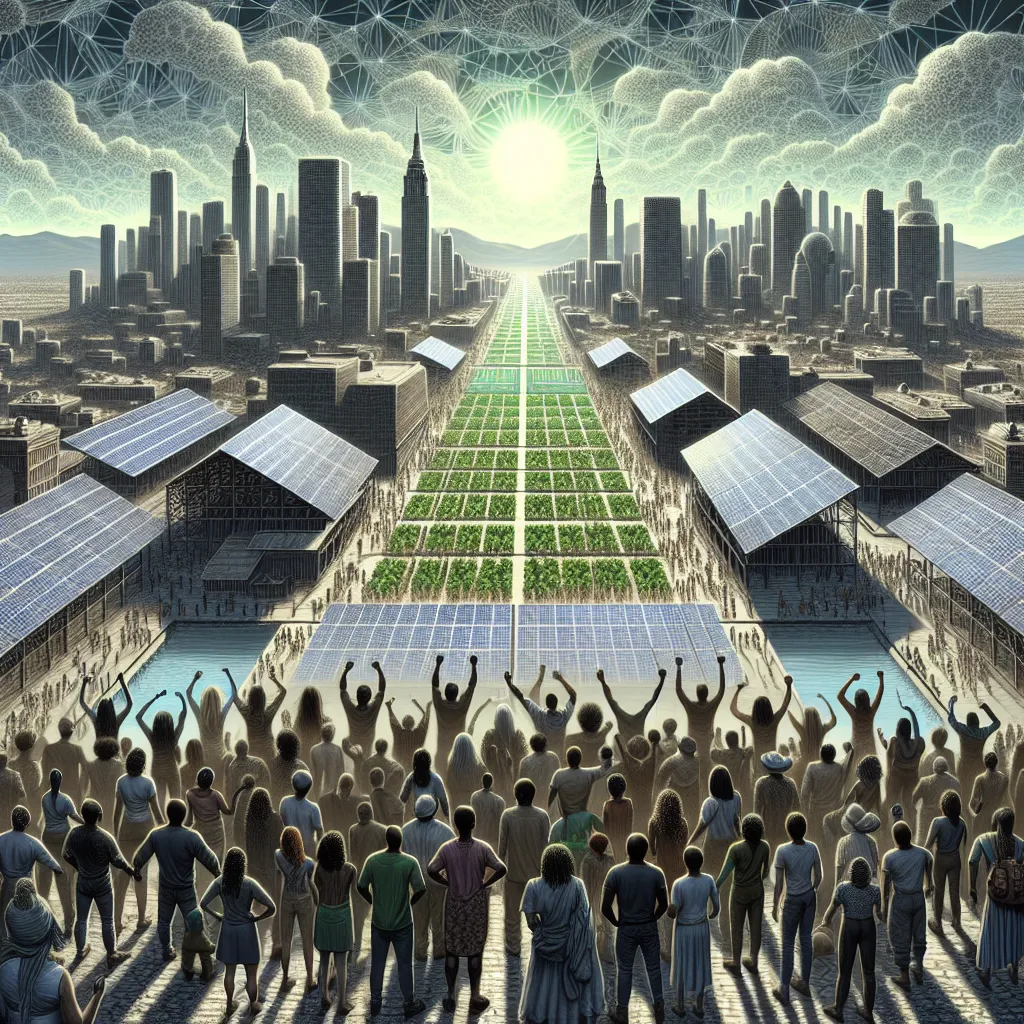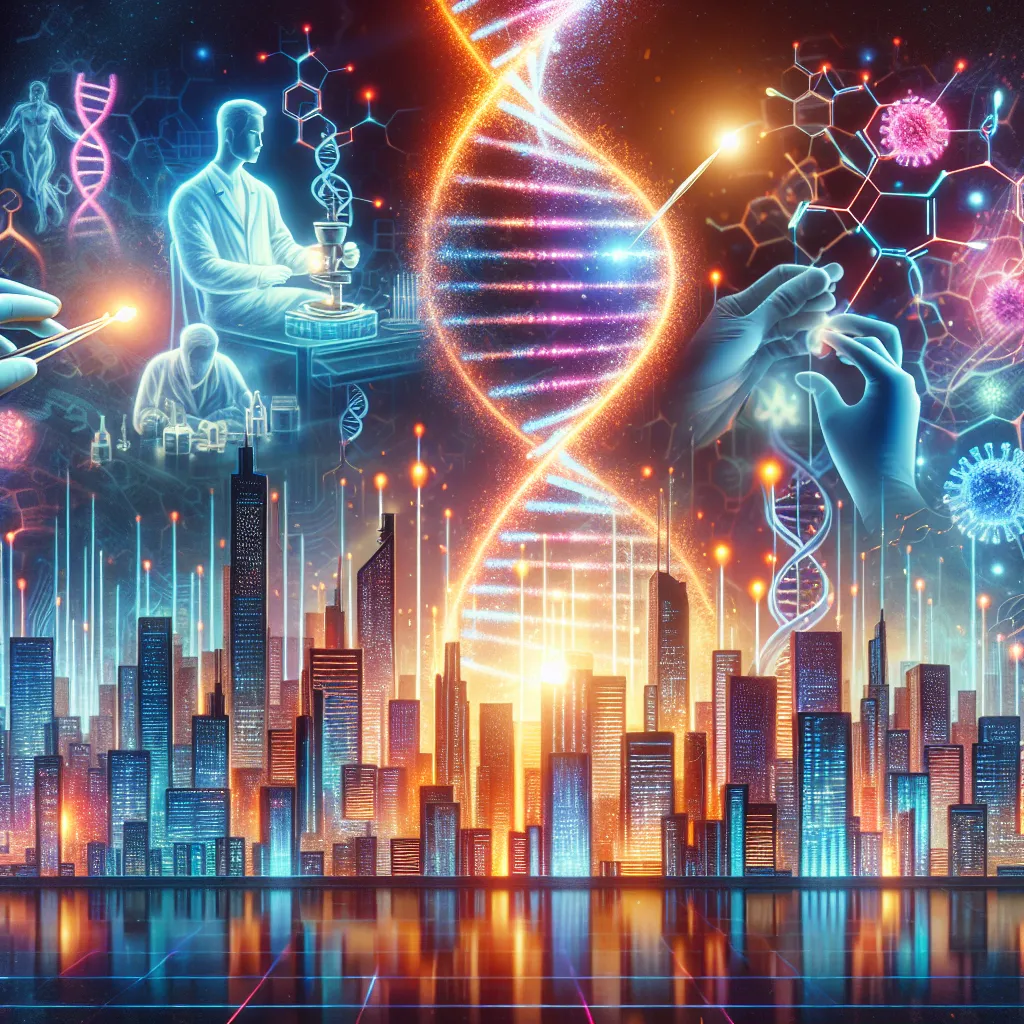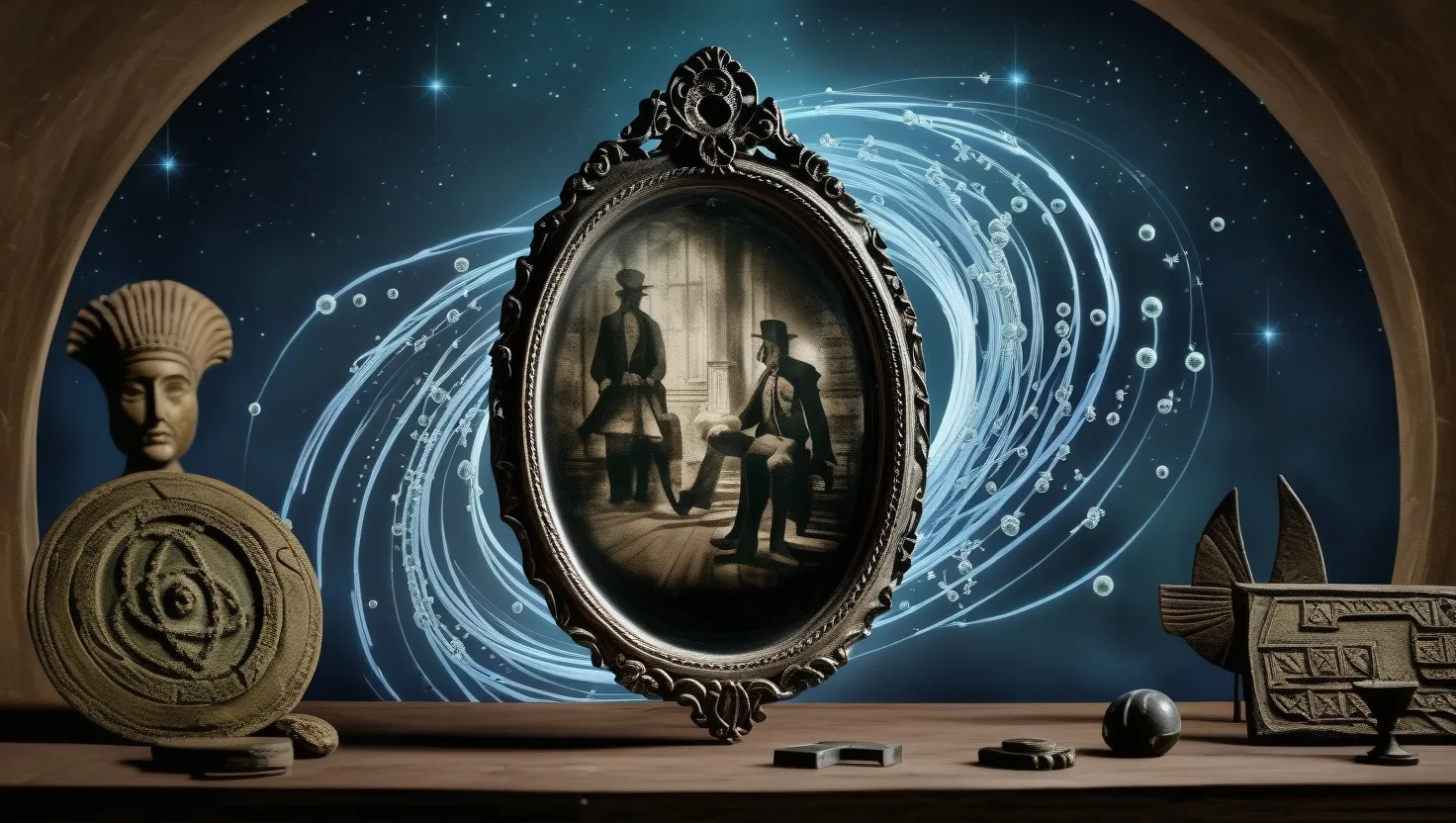One day, the universe will die. But why and how will this happen? Will it be gone forever? And how do we even know this? Let’s jump in.
First off, the universe is expanding. What’s wild is that the rate of expansion is speeding up. Dark energy, a puzzling phenomenon, is to blame. Until 1998, we thought the universe’s expansion would slow down, like throwing a ball up which must come down eventually. Now, it turns out the universe is like a ball that keeps speeding up as it flies away. Where does this dark energy come from? We have no clue, but it’s a thing. Even Einstein played around with this idea before tossing it aside.
There are three game-ending scenarios for the universe, thanks to dark energy.
One: The Big Rip. The universe is expanding, and new spaces pop up everywhere at the same speed. This causes galaxies to move apart. Gravity holds galaxies together, but with enough expansion, even gravity won’t help. First, large structures like galaxies tear apart. Then, things like black holes, stars, and planets come apart. Eventually, even atoms break apart, leaving a universe of lonely particles that can’t interact. Talk about isolation!
Two: Heat Death or Big Freeze. Picture entropy at its peak. The universe keeps expanding while matter turns into radiation over a very long time. Stars will die, and gas clouds will be used up, leading to darkness. Black holes will evaporate slowly due to Hawking radiation. Eventually, only a thin gas of photons remains, and even this will decay. Then, the universe hits maximum entropy and dies forever. However, there’s a faint hope that quantum events might trigger another Big Bang someday.
Three: Big Crunch and Big Bounce. This scenario is more uplifting. If dark energy is weaker or reduces over time, gravity will win. The universe’s expansion will halt and then reverse. Galaxies will collide, and the universe will shrink. A smaller universe means a hotter one. As the Big Crunch nears, stars and atoms will be torn apart, and black holes will merge, consuming everything. Finally, a massive black hole swallows the universe. The Big Bounce theory suggests this cycle happens endlessly, with the universe expanding and contracting forever.
So, what’s in store for the universe? Heat death seems the most likely, but we hope the universe keeps bouncing back. We simply don’t know for sure, so let’s stay hopeful about a recurring universe.
